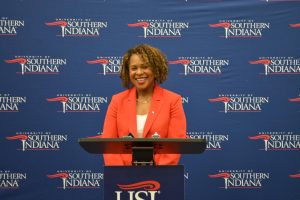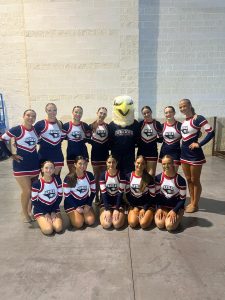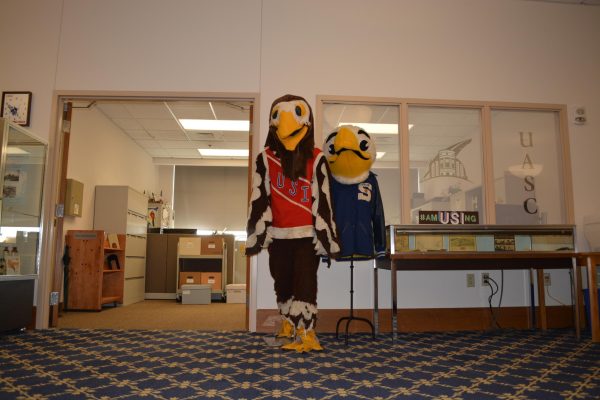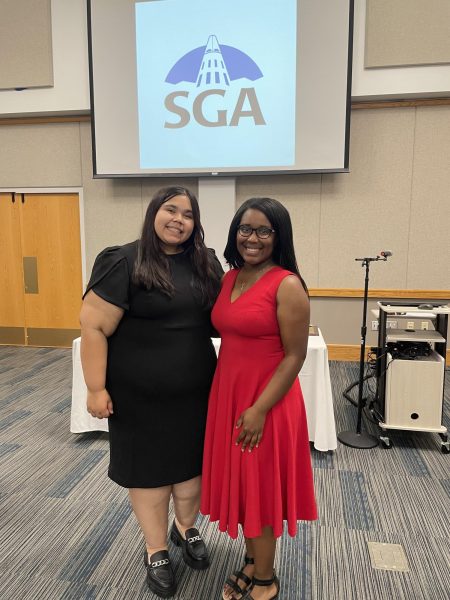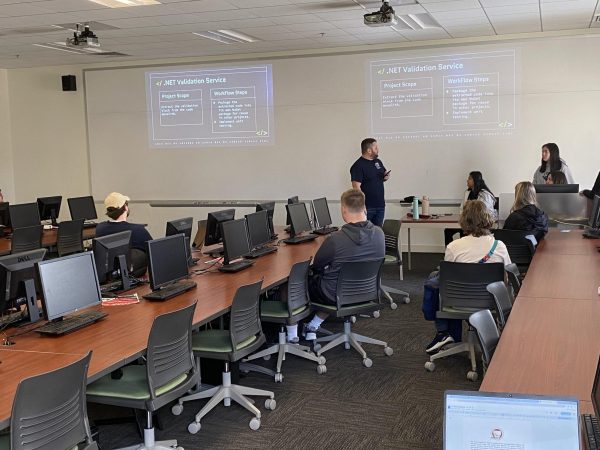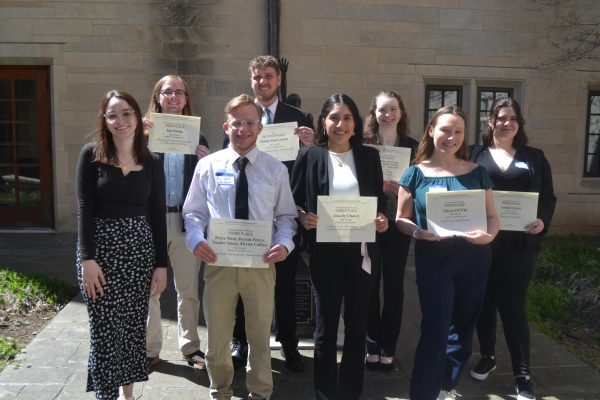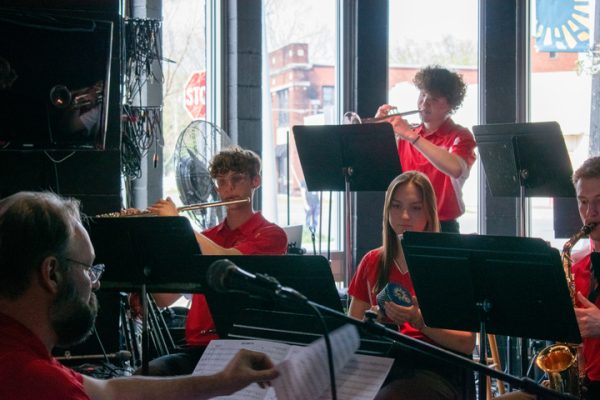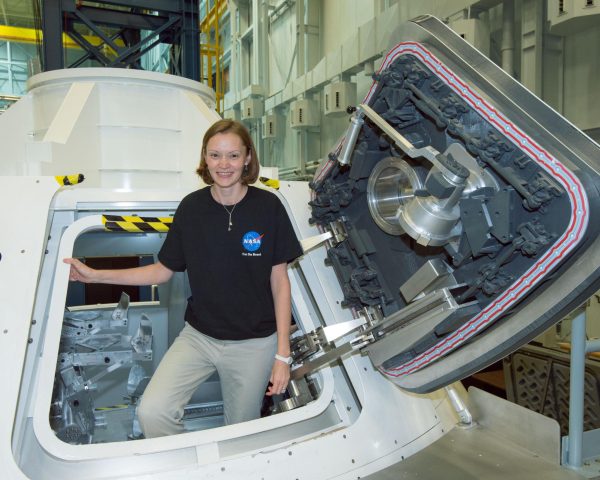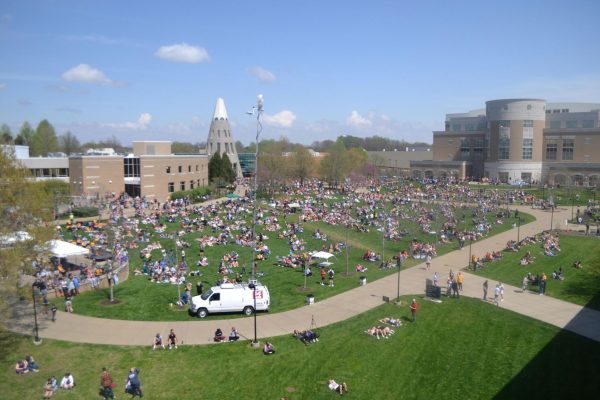Trustees approve updated bylaws, hear financial aid report
November 2, 2017
The Board of Trustees heard the annual financial aid report from Director of Student Financial Assistance Mary Harper at its Nov. 2 meeting.
Vice President of Enrollment Andrew Wright thanked the financial aid team for their continued hard-work on the gathering of a collective number of statistics and figures to present to the board.
“How impressed I am with their efficiency,” he said. “Its an honor to work with such a dedicated staff.”
Harper said 75 percent of students received some type of aid, while an additional 56 percent received federal or state aid.
$4.1 million in aid was awarded over the prior year. The federal aid accounted for 61.6 percent.
“Institutional overall funding levels remained unchanged,” Harper said. “With the exception of other scholarships out of state and the David L. Rice scholarship.”
The Indiana Department of Education (IDOE) released the fiscal budget proposal in early 2015. The supplemental opportunity grant will be eliminated. The average loss of $883 per student for 260 students.
The work study program, which provides part-time jobs for undergraduate and graduate students, will be reduced by 65 percent to $122,000 in funds, or $788 per student. The IDOE is also proposing the elimination of the subsidized loan, a $1,200 loss.
Overall 59 percent of students borrowed last year and Harper said the details are carried over from the 2016 award year because there is no up to date information available.
Harper said the education department’s response is to ensure the year round program will last for at least ten years.
“I will say we had a year round program, our summer enrollment increased,” she said. “In the end, the student is going to come out ahead. They can graduate on time while attending summer hours, and they will have the funding to support them.”
President Bennett said the decrease in student aid can be offset by adding additional work study and jobs on the campus.
“The proactive changes to federal policy, and changing funding so you can see the importance when they intervene and perhaps not only the work study program but providing access to jobs on campus to earn additional money,” she said. “With the assistance and partners in the region, this speaks to the needs of the middle class, not just those below the poverty line.”
Bennett said even some in the middle class cannot meet financial demands of tuition and living, and that institutions should become more proactive to counsel them on wise ways and unwise ways to borrow.
According to Harper, students sometimes drop to 12 credit hours just to maintain affordability. However, she said overall aid awarded to students is relatively high.
“Financial assistance was awarded to 12,790 enrollees and prospective students,” Harper said. “Over 11,000 actually received award letters.”
Other News:
The trustees unanimously approved an updated provision within the committee’s own bylaws. The measure outlines how a chair will serve only two consecutive years and be subject to their individual gubernatorial appointment.
Bennett underscored the importance of the annual career services report, which was presented by three students who have had successful accomplishments with the program.
Vice President of Government and University Affairs Cynthia Brinker said 580 students are scheduled to graduate at the end of the semester.
The first survey on graduate success for the class of 2016 was presented. The university achieved the highest participation ever at 50.2 percent, or 932 graduates.
“Our four year graduation rate has increased significantly,” Wright said. “Improving from 20.5 to 30.9 percent each of the last two years were records.”
The foundation announced updated gifts and pledges totaling $3.3 million. Almost 1000 students have committed and completed foundation scholarship applications, so much that the deadline has been extended.
SGA President Katelyn Bueltel said the collegiate alcohol awareness week was received well by the student body.
“Overall all the students enjoyed these events,” she said. “A pledge was signed that gave students the opportunity to not drink and drive.”
Bueltel also said the SGA plans to host the University of Evansville to further collaborate with other state institutions and work closely on how to share their experiences.
The board was also updated on the latest construction projects that continue around campus. The recently completed third floor of the Health Professions building was opened with multi-use arrangements for students and faculty. Phase 2 of the design is currently under assessment.
Additionally, three cranes have been moved to the PAC where construction continues ahead of schedule. The building will be big enough operate as an emergency shelter if warranted, Jim Wolfe, Director of Facilities, Operations and Planning said. Other projects include upgrades to liberal arts classrooms and new parking lights.
The next meeting is scheduled for Jan. 11 in Indianapolis.



